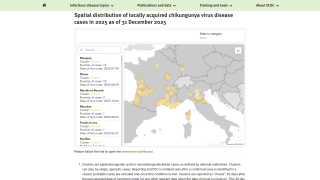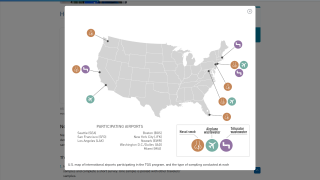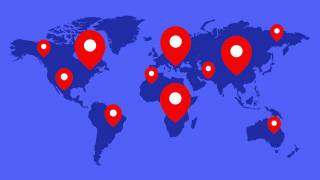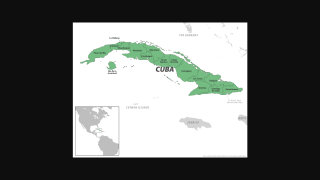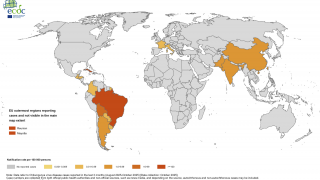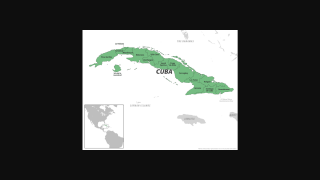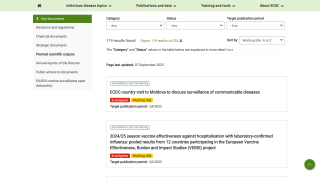Brazil's Extensive Chikungunya Outbreak Impacted by Virus Genotype Adaptation
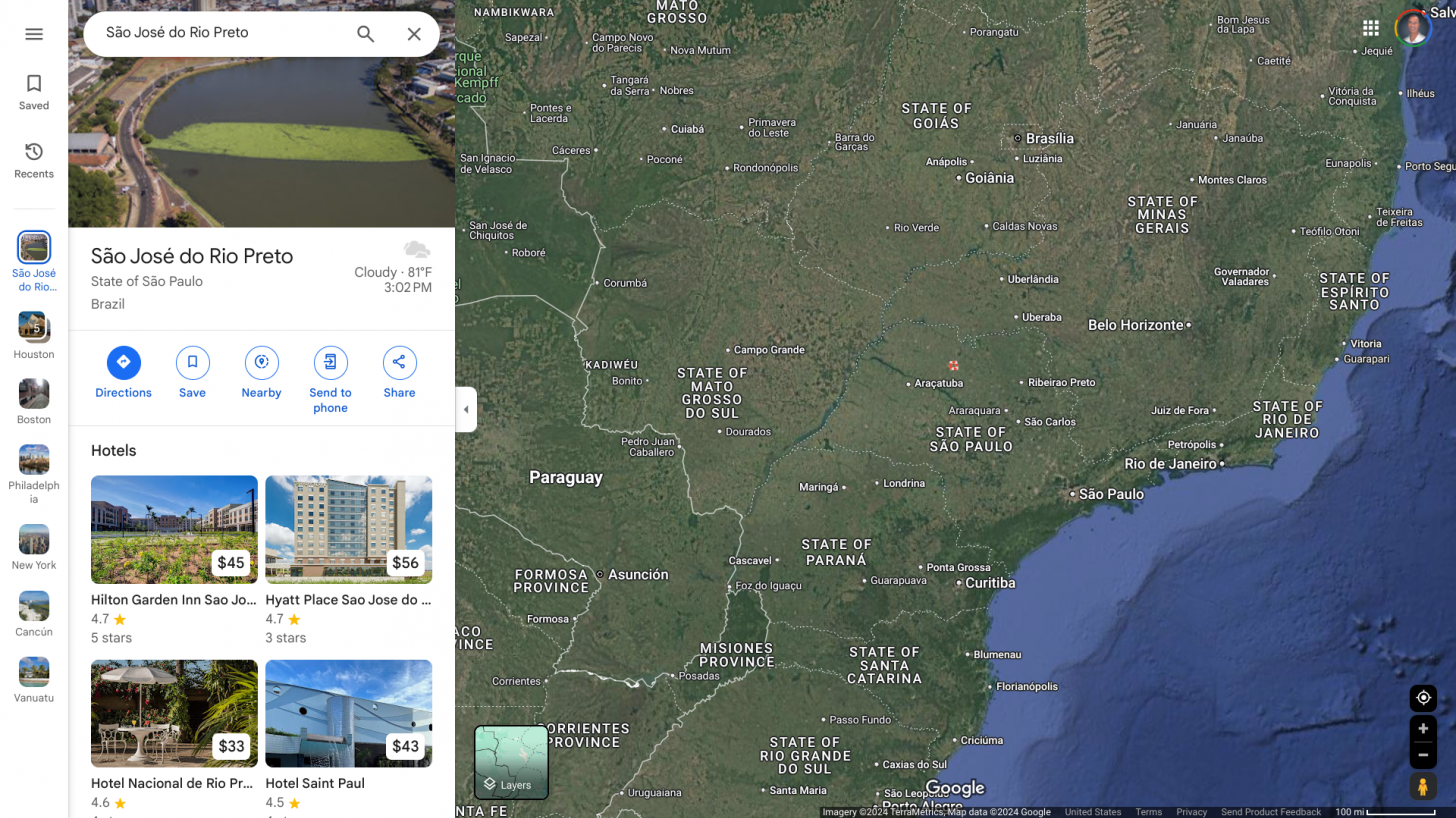
While over 100 countries have reported Chikungunya virus (CHIKV) outbreaks in 2024, new research indicates measurable genetic differences could be affecting countries differently, such as Brazil and France's La Réunion.
Published by Frontiers Public Health on December 10, 2024, a Review Article stated that CHIKV is mainly transmitted by the invasive mosquito Aedes (Stegomyia) aegypti in tropical and subtropical regions worldwide.
However, the virus's genetic adaptations to the peridomestic mosquito vector Aedes (Stegomyia) albopictus have enhanced vector competence and associated epidemics.
This finding may contribute to the further geographic expansion of sub-lineage CHIKV.
This review of the CHIKV genotypes circulating in Brazil, the spatial and temporal distribution of Chikungunya cases in Brazil, and susceptibility to infection and transmission of Ae. albopictus for CHIKV focused on understanding the relative contribution to outbreak dynamics.
These insights are essential as Brazil has reported 416,087 CHIKV cases and 211 related fatalities as of week #53 in 2024.
In Brazil, the mid-sized city of São José do Rio Preto in northwestern São Paulo state is considered hyperendemic for arboviral diseases such as Chikungunya. A new study reported on December 6, 2024 that the number of CHIKV cases in this Brazilian state has significantly increased in recent years.
Furthermore, São Paulo remains Brazil's most internationally visited state, with over one million visitors, many of whom arrive from the United States.
These researchers wrote, 'Although CHIKV is generally transmitted by Ae. aegypti mosquitoes, the outbreak that occurred in La Réunion island was caused by Ae. albopictus, which acted as the primary vector due to the ECSA CHIKV genotype adaptation to this vector, as the E1-A226V, resulted in a dramatic increase in this clade's infectivity.
As a result of the increased viral fitness and vector competence, the virus transmission spread to temperate areas and caused epidemics in regions that lack the typical vector, Ae. aegypti.
The emergence of the E1-A226V mutated CHIKV during the La Reunion outbreak is a well-characterized example of how a single nucleotide mutation in a virus may lead to a new epidemiological scenario given specific ecological conditions.'
The complete, unedited article is posted at this link.
Several governments approved using an innovative vaccine in 2023 to curtail future CHIKV outbreaks. As 2024 comes to a close, Valneva SE's IXCHIQ® chikungunya vaccine is recommended for international travelers.
IXCHIQ is available at travel clinics and pharmacies in the U.S.
Our Trust Standards: Medical Advisory Committee


